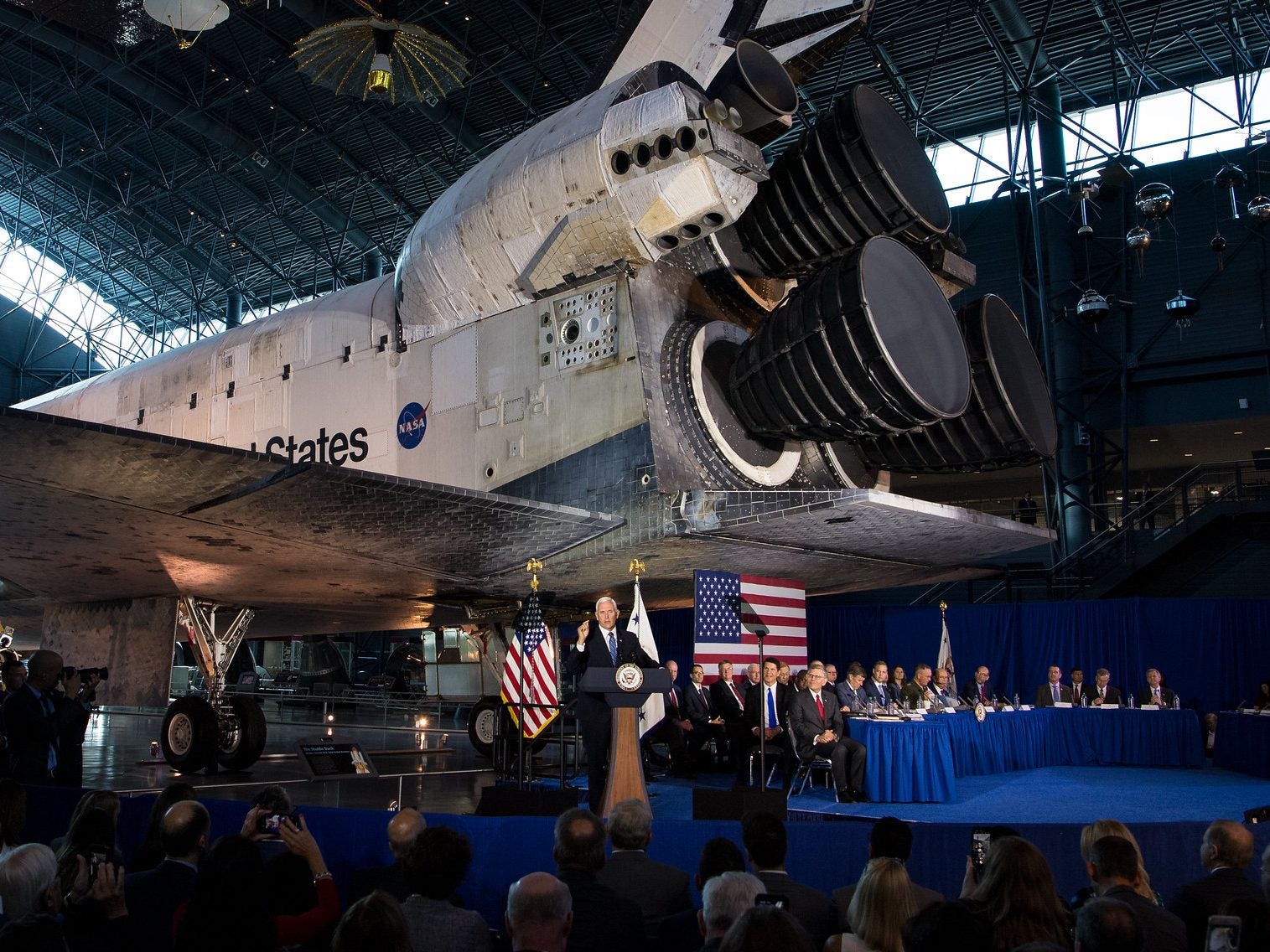
The US will today stand-up the United States Space Command, which will unify command and control of the US space-based assets. This marks an important step in the creation of a US Space Force.
The current head of the Air Force Space Command (AFSPC) General John Raymond will be in charge of the new United States Space Command (USSPACECOM), running both organisations simultaneously.
Speaking at a press event yesterday the US Secretary of Defence, Mark Esper, said: “I’m also excited for tomorrow’s activation of the United States Space Command. To ensure the protection of America’s interests in space, we must apply the necessary focus, energy and resources to the task, and that is exactly what Space Command will do.
“As a unified combatant command, the United States Space Command is the next crucial step towards the creation of an independent Space Force as an additional armed service.”
The creation of a unified space command, the US’ 11th combatant command, was prompted after calls for a US Space Force or Space Corps that would form the sixth branch of the US military.
The Department of Defence (DoD) has yet to confirm whether USSPACECOM will incorporate the entirety of the US Air Force space command, but the transfer of units and missions is set to begin in 2021.

US Tariffs are shifting - will you react or anticipate?
Don’t let policy changes catch you off guard. Stay proactive with real-time data and expert analysis.
By GlobalDataInternational Institute of Strategic Studies senior fellow for military aerospace Douglas Barrie told Air Force Technology how the Space Command and Space Force will work: “The ‘Space Force’, the proposed creation of which was contentious, appears to be intended to better focus current capabilities emerging requirements in an increasingly contested domain. It will be under the auspices of the USAF, and will be run by Space Command.”
The US has also yet to confirm where the USSPACECOM will be based. It is expected to be operated out of Peterson Air Force Base in Colorado which already houses many of the USAF’s space operations.
The new Space Command will operate missile warning systems, satellites, space control and space support for the DoD. It is the first new command since the creation of the Cyber Command in 2009.
US Vice President Mike Pence announced the standing-up of the Space Command at a meeting of the US National Space Council last week.
The US previously had a Space Command, established in 1985 to control the space operations of the army, navy and air force. It was disbanded in 2002 after a revaluation of command and control structures following 9/11.
Last year President Donald Trump signed a directive instructing the DoD to formally form a Space Force that would see the US taking a more active role in space as a warfighting domain.
Barrie said: “In terms of assets it [the Space Force] will bring together the current on-orbit systems while also likely developing additional defensive, and likely offensive, capabilities and further exploring the utility of small satellite constellations as means of rapidly reconstituting space-based ISR, for example.
The creation of the US Space Command and eventual Space Force – if formed – is in part a response to the increasing activities of Russia and China in the space domain. In July, for instance, Chatham House released a report detailing Russian efforts to buzz NATO satellites.
Barrie added: “Russia has been making efforts to rebuild its military space architecture, while also developing air-and ground-based hard and soft-kill systems for satellite defeat. China is also building up its military space capability and is similarly pursuing anti-satellite capabilities.”
While the US DoD can restructure its unified combatant commands as it sees fit, the creation of the Space Force would require consent from the US Congress for authorisation and funding. Pence signalled that the necessary legislation would be put to Congress in due course.
Speaking about the Space Force, Pence said: “The United States Space Force will ensure that our nation is prepared to defend our people, defend our interests, and to defend our values in the vast expanse of space and here on Earth with the technologies that will support our common defence for the vast reaches of outer space”.
The US current annual defence budget passed with the inclusion of funding for a military space branch.



